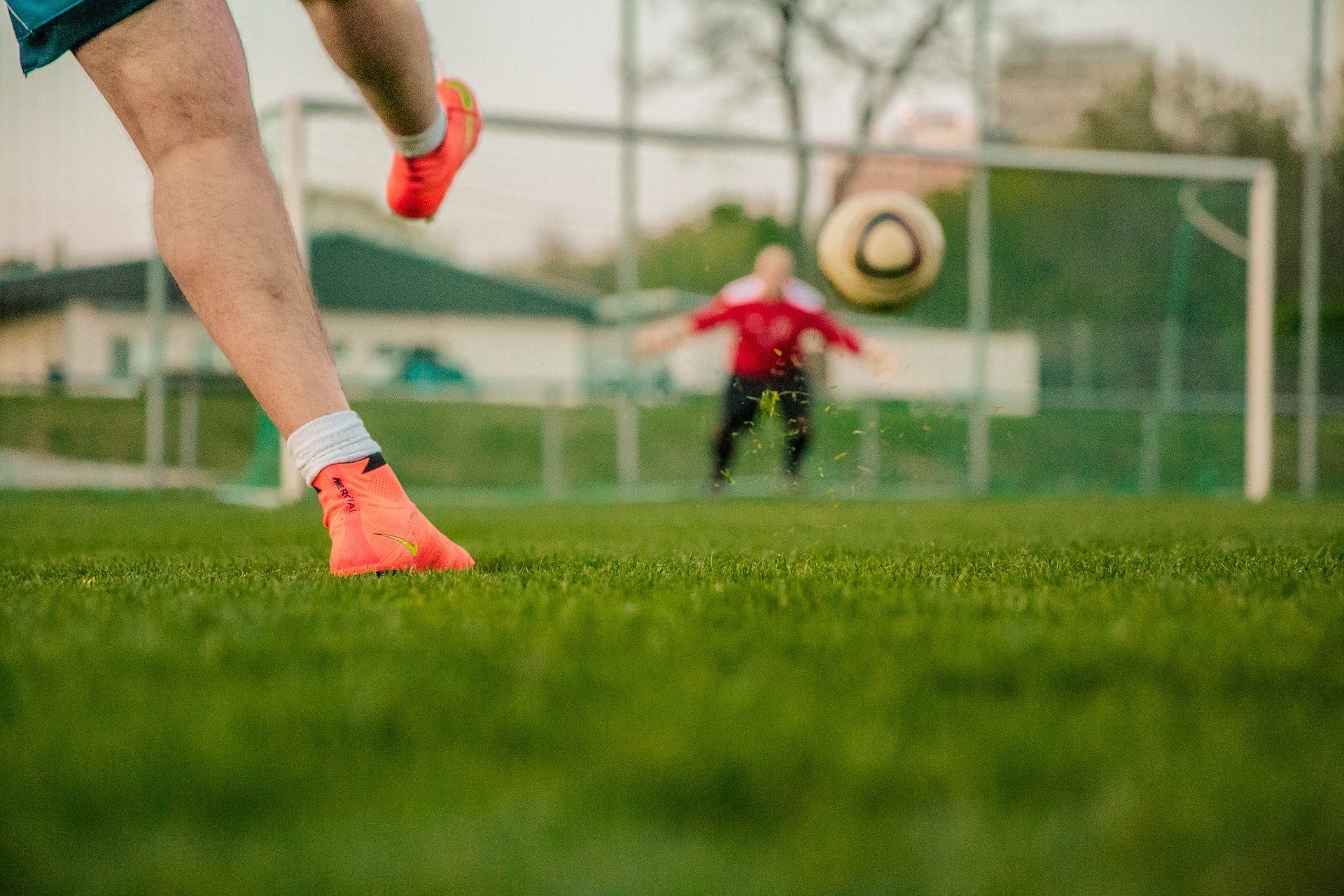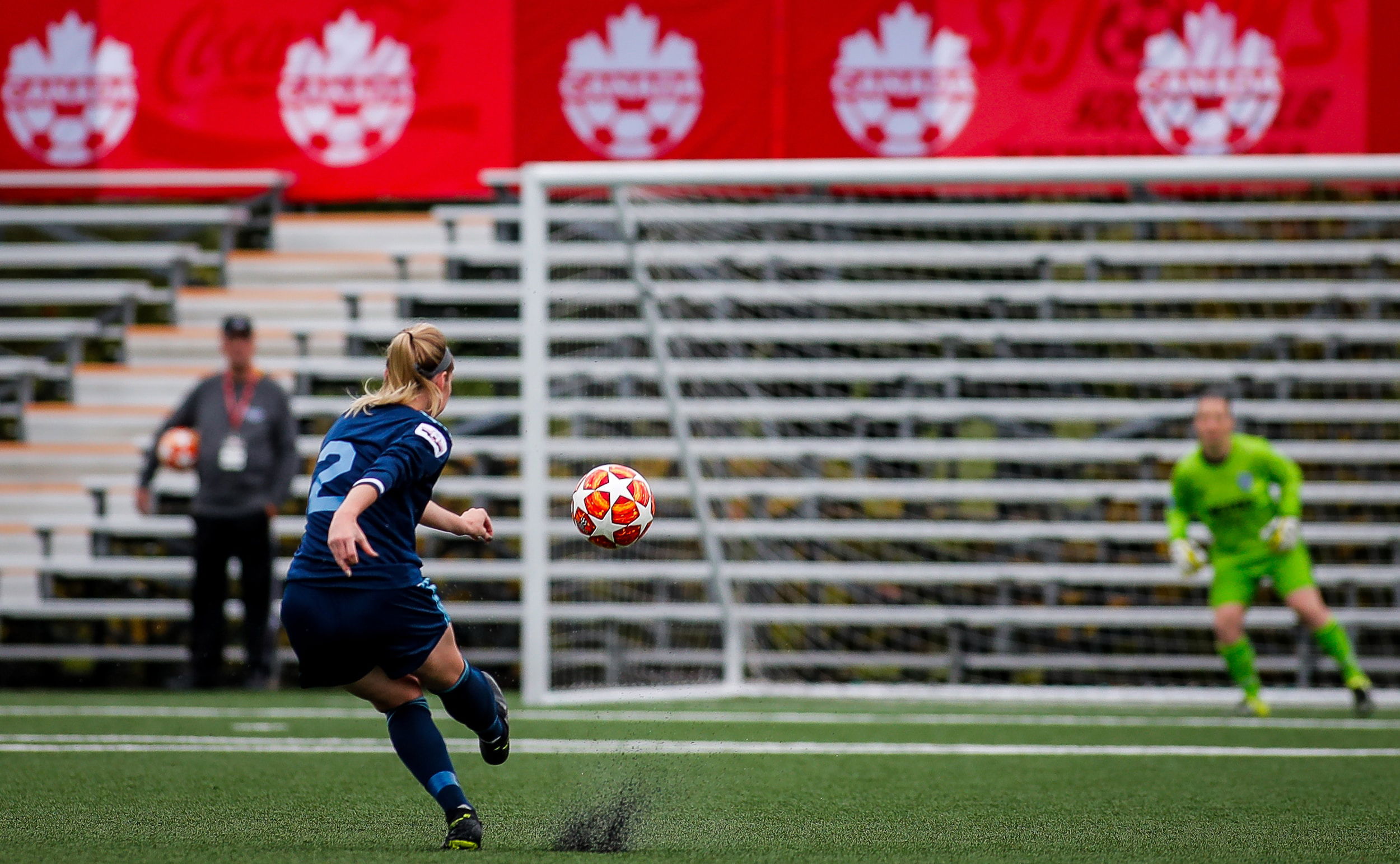The effect of action bias

Have you ever wondered why a goalkeeper jumps to the right or left during a penalty kick?
One principle of behavioral economics focuses on the tendency of individuals to not take any action, such as what happens in the case of default bias and status quo bias. Not taking any action is attributed to several factors, including laziness or fear of regret. However, people sometimes have the motivation to take some action in order to feel in control of the situation or to solve problems.
This effect has been described as action bias, according to both Patt and Zeckhauser (2000). For example, a person may choose to undergo medical treatment instead of not receiving treatment, even if clinical trials have not shown the treatment to be effective! Action bias is also more likely to occur if we are doing something for others or if others expect us to do it.
For example, soccer goalkeepers tend to jump to the right or left during penalty kicks, even though their statistical chances would be better if they stayed in the middle of the goal (Bar-Eli et al., 2007). Action bias may also be more likely to occur in individuals who are overconfident or if the person has had a previous experience with negative outcomes (Zellenberg et al., 2002).

References:
Bar-Eli, M., Azar, O. H., Ritov, I., Keidar-Levin, Y., & Schein, G. (2007). Action bias among elite soccer goalkeepers: The case of penalty kicks. Journal of Economic Psychology, 28(5), 606-621.
Patt, A., & Zeckhauser, R. (2000). Action bias and environmental decisions. Journal of Risk and Uncertainty, 21, 45-72.
Zeelenberg, M., Van den Bos, K., Van Dijk, E., Pieters, R. (2002). The inaction effect in the psychology of regret. Journal of Personality and Social Psychology, 82(3), 314-327.